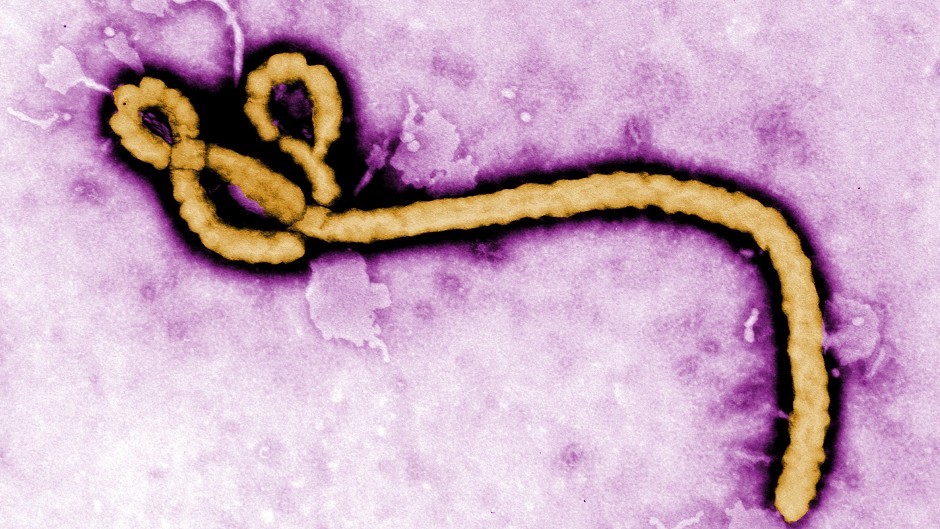Ebola will “very likely” arrive in Scotland with Aberdeen one of the places most at risk from the disease, an expert in global health has said.
Dr Devi Sridhar, senior lecturer in global health policy at Edinburgh University, said cases could be seen in Aberdeen given the city’s international dimension, its airport and the concentration of population.
However, Dr Sridhar said she did not believe Scotland would see an outbreak of the disease and predicted just a small number of isolated examples would be recorded.
More than 4,500 people have died from the disease so far.
Dr Sridhar said: “I think it is very likely we will see a couple of cases in Scotland but I don’t think there will see and outbreak.
“When you look at how the disease has spread from overseas, it has been through airports.
“The three places in Scotland – Edinburgh, Glasgow and Aberdeen – will therefore be most at risk.”
Aberdeen is considered to be well prepared to deal with any cases given the infection diseases unit at Aberdeen Royal Infirmary, which is one of four in Scotland.
She added: “We have a good health service and are able to fully respond.”
The comments from Dr Sridhar come after oil workers who have returned from countries affected by the virus were advised to stay away from UK offshore installations for at least 21 days.
Industry body Oil and Gas UK has also advised that workers returning from West Africa and who have fallen unwell should seek medical advice within 21 days of returning.
Companies have also been advised to keep lists of personnel deployed to affected area.
Dr Sridhar said she did not believe that the Ebola screening now in place at Heathrow and Gatwick airports, plus the Eurostar terminal, should be introduced into Scotland.
“If you look at the evidence of does it work at containing the disease, it shows that it does not have any effect. Stopping the spread of ebola relies on self reporting,” she said.
Dr Sridhar likened the screening as a “PR exercise”.
She added: “The public reaction is immediately to shut down our borders, which I don’t think works either, but there is public pressure to be seen to be doing something.”
She said the inherent problem was that the incubation period was now at 21 days compared to around three days 20 years ago, making it far harder to contain.
“Ebola evokes a lot of fear. It does have a high fatality rate at 48% but it is not 100%. It is of course contagious, but not as much as people fear it is.”
